
Home » Alcohol » Alcohol and Your Health » Alcohol and Wellness: Tips and FAQs
Alcohol and Your Wellness: Tips and FAQs
Ready for a change in your relationship with alcohol? Ria Health offers evidence-based treatment from an app on your phone.
There are many ways alcohol can impact your health and well-being. Some of these effects are minor, while others can be serious or even life-altering.
If you want to cut back on drinking to focus on your physical and mental health, you’re not alone. There are movements full of other people who feel the same way—including both sober curiosity and mindful drinking.
Below, we’ll cover some of the main ways alcohol affects your wellness. We’ll also address some of the most common questions around alcohol and your well-being, from why alcohol makes your heart race, to how much weight you can lose if you quit.
Read more about alcohol and your health in general
Table of Contents
How Alcohol Affects Your Wellness
Alcohol interacts with nearly every aspect of your health, including your organs, hormones, and even your mental well-being. Here’s a closer look at some of the ways alcohol affects your body and mind:

Immune System
Heavy drinking can harm your immune system and lower your white blood cell count, leading to more frequent illness and disease. It can also make it take longer to recover from a cold or flu.
Read more: Alcohol and Your Immune System
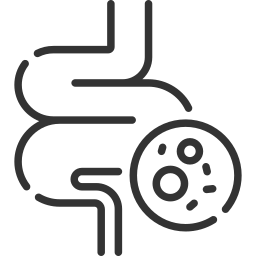
Gut Health
Alcohol can throw your gut flora off-balance by promoting the growth of harmful bacteria and killing off healthy bacteria. It can also disturb your digestion by causing inflammation and gastrointestinal issues.
Read more: Alcohol and Gut Health
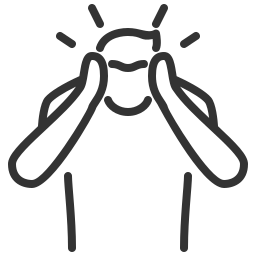
Hangovers
Not only is alcohol dehydrating, it also produces toxic compounds as your body breaks it down. These effects can lead to the infamous headaches, nausea, and fatigue that come with a hangover.
Read more: How to Cure a Hangover
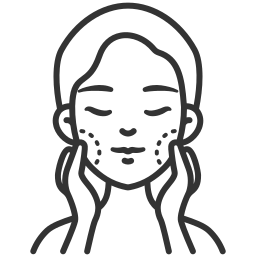
Skin Health
Drinking can impact your skin in many ways, including flushing, dryness, acne, and even accelerated aging. Too much alcohol can mean free radical damage and dehydration, and your skin may show it over time.1
Read more: Alcohol's Effects on Your Skin

Sexual Health
Heavy drinking can cause problems with arousal for both men and women. It can also reduce your desire and disturb your mood, both of which can take a toll on your life in the bedroom.
Read more: Alcohol and Sexual Health
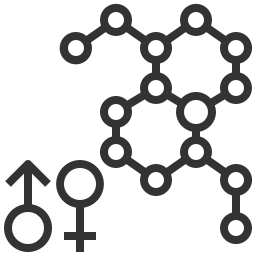
Hormonal Health
Alcohol affects testosterone, estrogen, serotonin, insulin, and many other hormones. It can also increase levels of your body’s chief stress hormone, cortisol.2
Read more: How Drinking Impacts Hormones & Alcohol and Women's Hormonal Health
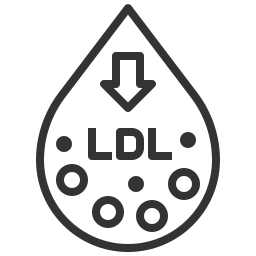
Cholesterol Levels
Alcohol doesn’t contain cholesterol, but too much of it can still impact your body’s cholesterol levels. This is because of its effects on your liver and fat metabolism.
Read more: Alcohol and Cholesterol
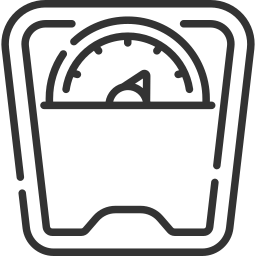
Healthy Weight
Alcohol is a calorie-dense beverage, meaning even one or two drinks with dinner each night can lead to unexpected weight gain. It can also interfere with your metabolism, lead to less-than-healthy food choices, and lower your energy levels.
Read more: Alcohol’s Effects on Your Weight
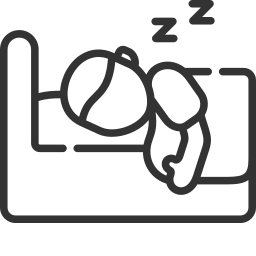
Sleep and Insomnia
You might’ve heard that a drink before bed can help you hit the hay faster. But the truth is that too much drinking can worsen your sleep quality. And in cases of binge drinking, it could even worsen insomnia.3
Read more: Alcohol's Effects on Sleep

Stress
In moderation, you might find that alcohol helps you relax and unwind after a long day. But when you regularly use it to cope with stress, its benefits can diminish. You might feel more anxious and overwhelmed than you were before.
Read more: Alcohol and Stress
Alcohol’s Effects on Male and Female Health
Alcohol has broad effects on human health, but it also has specific impacts on male and female biology. Even if you’re non-binary or have another gender identity, you might find it useful to understand how drinking can impact your unique body.
Frequently Asked Questions About Alcohol and Your Health
Drinking has many complex effects on health and wellness—so if you still have some questions unanswered, you’re not alone.
Here are some frequently asked questions—and explanations—about alcohol and health:
Why Does Alcohol Make My Heart Race?
Does Red Wine Stain Your Teeth?
Is It More Dangerous to Drink After Menopause?
How Does Drinking Alcohol Affect Your Workout?
Can You Actually Get a Red Nose From Drinking?
Why Does My Face Flush After Drinking Alcohol?
Does Alcohol Make Your Face Puffy?
Is It Safe To Drink While Breastfeeding?
Tips For Staying Healthy If You Drink Alcohol
For many people, it’s very much possible to be healthy and happy while enjoying a drink from time to time. The key is to maintain your limits, and know how to counteract the negative impacts of alcohol on your health. If you enjoy a drink now and then, try these five tips to manage alcohol’s effects on your well-being:
1. Alternate Your Drinks with Water
Alternating each of your drinks with a glass of water will help you stay hydrated and drink less, especially on nights out.
2. Stick to a Regular Exercise Routine
Regular exercise does wonders for your body. Sticking to a routine can help you stay healthy and fit, while still enjoying alcohol occasionally. Some research4 even suggests that exercise can help you offset specific health effects of alcohol.
3. Include Colorful, Whole Foods in Your Diet
You don’t need a perfect diet to be healthy. However, a classic American diet combined with heavy drinking can be a recipe for disaster regarding your health.
Fortunately, small, easy steps can improve your eating habits. Choose whole foods when possible, and try to include veggies or fruits, protein, and a healthy carbohydrate source in each meal.
4. Master Your Stress Management
It’s common to reach for a drink when you feel stressed or overwhelmed. To combat this, spend some time experimenting with healthy stress management tools, like meditation, exercise, or journaling.
Once you find a coping strategy that you enjoy, you’ll have a healthy alternative to use instead of reaching for a drink.
5. Reduce Your Drinking
If you want to minimize alcohol’s effects on your well-being, it may be worthwhile to cut back. Now, this doesn’t mean you have to quit alcohol for the rest of your life. But sticking to moderation means you can prevent many of alcohol’s negative health effects from the get-go.
You Don’t Need to Be an Alcoholic to Want to Cut Back
Not everyone who cuts back or quits drinking does it because they have an alcohol problem. Many people do so to improve their stress levels, sleep, energy, hormones, and the countless other aspects of alcohol’s effects on health.
With that being said, problematic drinking isn’t always black or white. Alcohol use lies on a spectrum, with many people falling into the gray area. In other words, they may not be a “heavy drinker,” but their alcohol use may still concern them or their loved ones.
Ria Health can support anyone who wants to change their relationship with drinking, no matter your starting point, and regardless of your goals. Get started today.

References[+]

